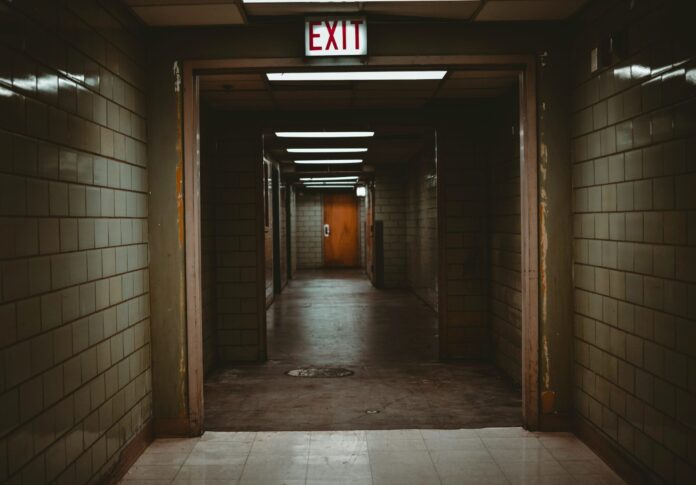The Conservative Party and the NDP are both pledging increased use of involuntary detention and treatment for people with severe mental health and addiction issues, but organizations that work in the field say that response is already being used far more than it once was.
Health Justice says holding people in facilities for involuntary treatment has been dramatically increasing in BC since the mid-2000s, and more people are now being detained.
The group says there is little evidence to show detention and involuntary treatment improves the health, safety, and well-being of individuals.
It says studies have generally not found evidence that involuntary substance use health treatment leads to improved outcomes such as lower rates of substance use or less engagement in criminal activity.
Health Justice has released a fact sheet and says the conversation on mental health “has been based on political and partisan rhetoric that is missing basic facts about BC’s current laws and the realities of involuntary treatment in this province.”
The BC Mental Health Act authorizes police to take someone to a healthcare facility where doctors and nurse practitioners can detain them against their will and administer involuntary treatment.
There is no limit on how long someone can be detained or involuntarily treated.
Health Justice says detentions under the Mental Health Act increased by 71 per cent between 2006 and 2017 and BC now has the highest rate of hospitalization due to mental illness and substance use in Canada.
Substance use disorders are now the third most common type of diagnosis for involuntary patients, growing 139 per cent between 2009 and 2018.
Detentions of children and youth under the Act increased by 162 per cent between 2009 and 2018 and there are no age parameters on detention and involuntary treatment.
Riverview Hospital closed in 2012, but Health Justice says there are over 70 facilities where people can be detained for mental health and substance use health treatment, including one on the grounds of the former Riverview Hospital.
The group notes there were only 662 patients at Riverview Hospital in the year 2000.
The Canadian Mental Health Association says people with substance use disorder are the fastest growing group being detained under BC’s Mental Health Act.
“There are around 30,000 Mental Health Act apprehensions of around 20,000 individuals each year in BC,” according to the association, “the highest rate of all provinces in Canada.”
CMHA BC is concerned about a lack of evidence to support the effectiveness of involuntary treatment for substance use disorder, and “existing evidence actually suggests that involuntary treatment leads to an increased risk of death due to drug poisoning upon release.”
The association says we are already relying heavily on involuntary care without really examining whether it is effective.
The CHMA acknowledges involuntary care may be a needed for those at extreme risk of harm to themselves or others, but it must be as a last resort, not a sweeping solution.
It says the risk that a small number of people with more serious mental health and substance use conditions being an elevated risk of violence is the result of the failure of many systems to support them before they reach a crisis.
The association says the root causes along with the gaps and failings of the current system need to be addressed to ensure people will not be released back into community without the necessary supports to help them.
CMHA BC calls on the next Government to:
- Critically examine gaps and failings before the use of involuntary care
- Improve the oversight and quality of involuntary care to move from an over-reliance on containment to proper dignified and humane care, and
- Demonstrate to the public that the BC Mental Health Act is fit for purpose.
Conservative leader John Rustad has announced a commitment to involuntary treatment for individuals, especially children, suffering from severe addictions through Compassionate Intervention Legislation to ensure people at risk receive the necessary care, even if they cannot seek it themselves.
The NDP announced a new policy of secure care for people with brain injury, mental illness, severe addiction with a plan to open highly secure facilities for people under the Mental Health Act throughout the province, as well as secure treatment within BC Corrections.
The first correctional centre will be at the Surrey Pretrial Services Centre and the first secure housing and care facility will be at the Alouette Correctional Centre in Maple Ridge. All of the facilities will provide involuntary care under the Mental Health Act for people certified as requiring that care.
The Health Justice fact sheet is available at their website.
The Canadian Mental Health Association, BC Division, response to the provincial government’s announcement regarding involuntary care facilities is available at their website.







